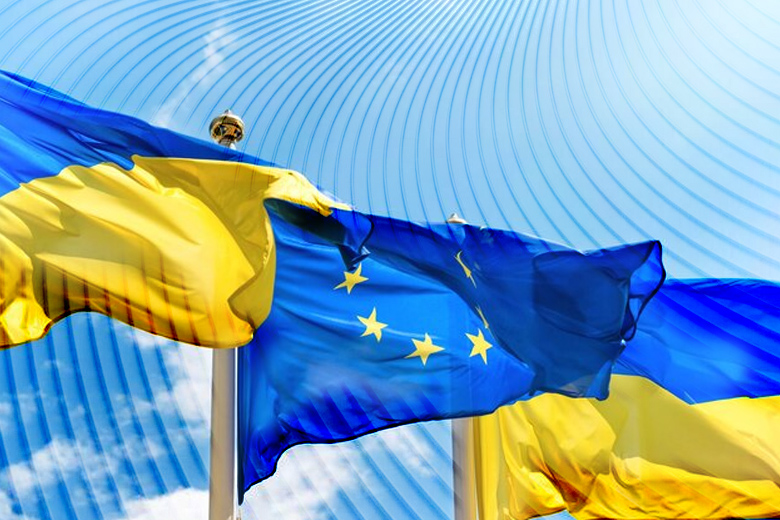Ukraine's President Signs Key Euro-Integration Law on Financial Monitoring of Politically Significant Individuals

Today, Ukraine's President, Volodymyr Zelensky, has signed a critical law essential for Ukraine's progress towards the European Union. This law focuses on the financial monitoring of politically exposed persons (PEP) and is considered one of the most vital steps in Ukraine's Euro-integration journey. The news of this development was reported on the official website of the Ukrainian parliament, the Verkhovna Rada.
The parliamentary website's records show that on Thursday, 26th October, the law received the President of Ukraine's signature, marking the final stage for it to become an enforceable law.
Recalling events from the previous week, the parliament, in a Tuesday session, collectively approved bill No. 9296-d, designed to strengthen financial monitoring of PEPs, which stands for Politically Exposed Persons. Before the parliament members cast their votes, President Volodymyr Zelensky called upon the Verkhovna Rada not to delay the enactment of laws required for opening discussions about EU membership, particularly emphasizing the significance of the PEP law in this context.
It is worth noting that this version of the law complies with the standards of Anti-Money Laundering and Combating the Financing of Terrorism (AML/CFT), and its implementation aligns with the International Monetary Fund's (IMF) requirements.
Furthermore, the adoption of this law represents a crucial step towards the commencement of negotiations regarding Ukraine's EU membership. In the near future, in November, the European Commission is expected to present its annual report on the expansion of the European Union, and it is anticipated that the Commission will recommend the initiation of official negotiations for Ukraine's accession to the EU.
Last month, the European Commission disbursed another tranche of 1.5 billion euros as part of macro-financial support to Ukraine, from the total package of 18 billion euros planned for this year. Ukraine had received a similar tranche at the end of August.
It is essential to mention that the first tranche of 3 billion euros in EU macro-financial assistance was provided to Ukraine in January without any conditions. In the past, EU funds were always granted in exchange for implementing reforms. This principle forms the cornerstone of the mechanism of macro-financial assistance.
As per the agreements in place, Ukraine will receive the next 15 billion euros only after fulfilling its obligations. In other words, the European Union has chosen to employ financial support as a lever to advocate for reforms in Ukraine.
Macro-financial loans represent a standard instrument used by the EU to support other countries, and favourable terms have been secured to ensure that Ukraine does not fall into a 'debt pit' after receiving 18 billion euros.